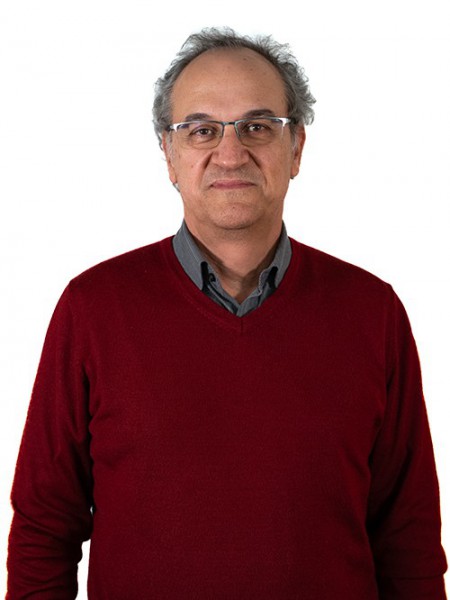abstract
The development of optimized hip joint materials is one of the most challenging opportunities in prosthetic technologies. In current approaches, ultra-high-molecular-weight polyethylene (UHMWPE) has been a favorite material for the acetabular component and, regarding the cementless technique, several coating options may be considered to contain and stabilize bearing surfaces and establish an improved interface with bone. In this work, newly developed constructs of UHMWPE coated with either commercially pure titanium (cpTi-UHMWPE), by DC magnetron sputtering, or with commercially pure titanium and hydroxyapatite (cpTi/HA-UHMWPE), by DC/RF magnetron co-sputtering, have been prepared and biologically characterized with human bone marrow-derived osteoblastic cultures. The cpTi-UHMWPE samples allowed a high cell growth and the expression of the complete osteoblastic phenotype, with high alkaline phosphatase activity, expression of osteogenic-associated genes and evident cell-mediated mineralization of the extracellular matrix. In comparison, the cpTi/HA-UHMWPE samples reported lower cell proliferation but earlier cell-mediated matrix mineralization. Accordingly, these newly developed systems may be suitable candidates to improve the osteointegration process in arthroplastic devices; nevertheless, further biological evaluation should be conducted.
keywords
TOTAL HIP-ARTHROPLASTY; ACETABULAR FIXATION OPTIONS; CALCIUM-PHOSPHATE COATINGS; BIOLOGICAL EVALUATION; BONE-CEMENT; SURFACE; COMPONENTS; WEAR
subject category
Engineering; Materials Science
authors
Silva, MA; Gomes, PS; Vila, M; Lopes, MA; Santos, JD; Silva, RF; Fernandes, MH
our authors
acknowledgements
The authors would like to acknowledge the Project 'PLASMED-Componentes medicos de polietileno revestidos por PVD' from ADI. This work was partially supported by Faculty of Dental Medicine, University of Porto.


